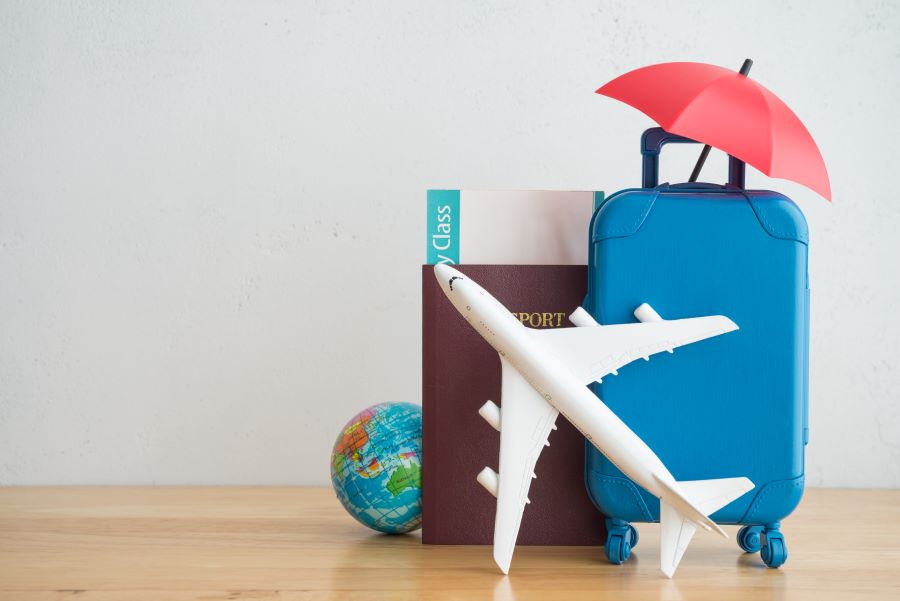Understanding Travel Insurance: Your Essential Guide to Safe Adventures
Travel insurance serves as a vital safety net for travelers, providing financial protection and peace of mind against unexpected events that could disrupt or cancel your journey. This comprehensive coverage helps safeguard your investment in travel plans while offering essential medical protection when you're away from home.

Types of Travel Insurance Policies
Single-trip policies cover one specific journey from start to finish, while multi-trip or annual policies protect multiple trips within a year. Business travelers often opt for annual coverage, while vacation travelers might choose single-trip policies. Specialized policies exist for adventure sports, cruise travel, and study abroad programs.
How to Choose the Right Travel Insurance
Several factors should influence your travel insurance selection, including your destination, trip duration, planned activities, and overall trip cost. Consider your existing insurance coverage through credit cards or health insurance to avoid duplicate coverage. Pay special attention to policy exclusions and pre-existing condition clauses.
When Should You Buy Travel Insurance?
The optimal time to purchase travel insurance is shortly after making your first trip payment. Many providers offer additional benefits, like pre-existing condition waivers, when you buy within 14-21 days of your initial trip deposit. However, you can generally purchase coverage up until the day before departure.
Understanding Travel Insurance Costs
The cost of travel insurance typically ranges from 4% to 10% of your total trip cost. Coverage levels and premium rates vary significantly among providers and policy types.
| Provider Type | Basic Coverage Cost | Comprehensive Coverage Cost | Key Features |
|---|---|---|---|
| Budget | 4-6% of trip cost | 6-8% of trip cost | Essential coverage |
| Mid-Range | 6-8% of trip cost | 8-10% of trip cost | Additional benefits |
| Premium | 8-10% of trip cost | 10-12% of trip cost | Maximum coverage |
Prices, rates, or cost estimates mentioned in this article are based on the latest available information but may change over time. Independent research is advised before making financial decisions.
Making a Travel Insurance Claim
When filing a claim, document everything thoroughly and keep all relevant receipts, medical reports, and incident documentation. Contact your insurance provider immediately when an incident occurs, and follow their specific claim filing procedures. Most companies require claims to be submitted within a certain timeframe after the incident.
Travel insurance remains a crucial component of responsible travel planning, offering protection against various risks and uncertainties. While the cost may seem like an additional expense, the potential financial protection it provides can far outweigh the initial investment, especially for international travel or expensive trips.





